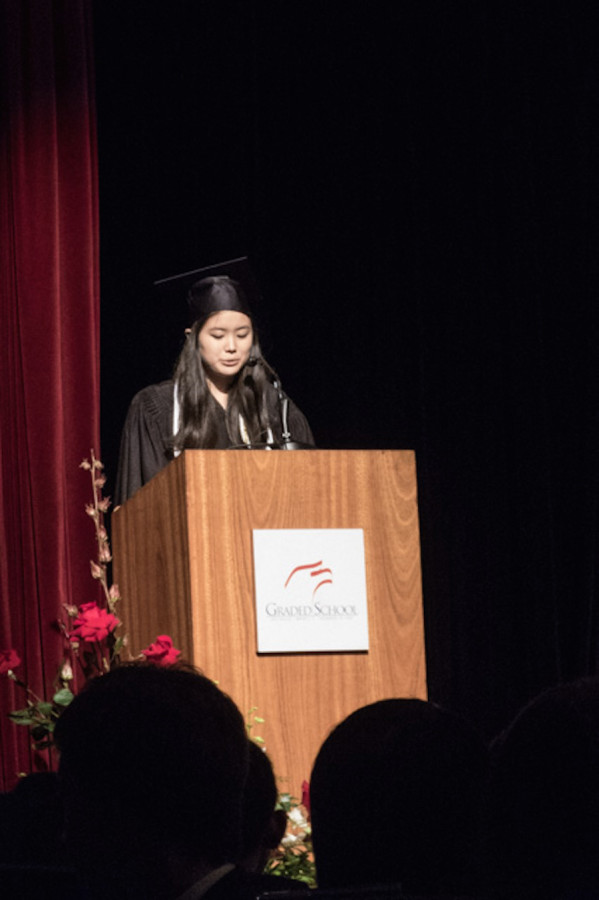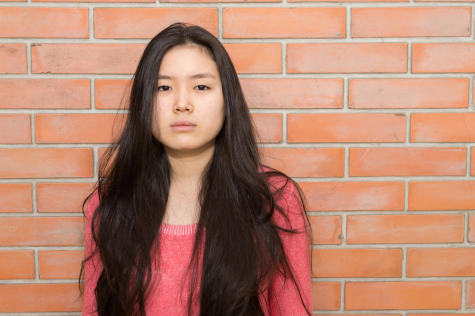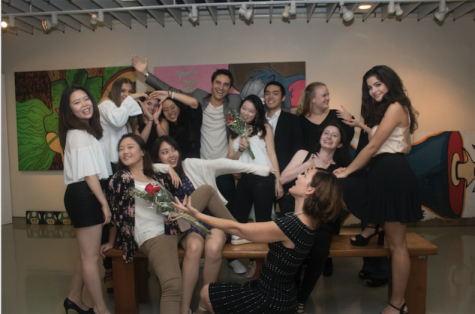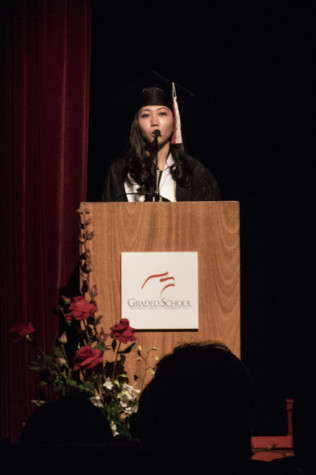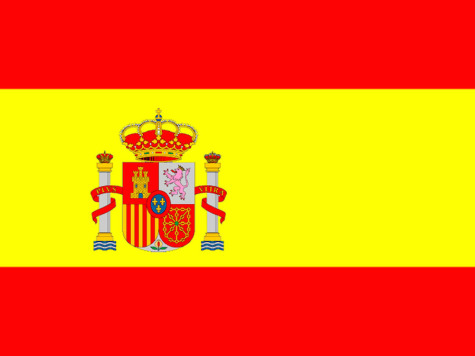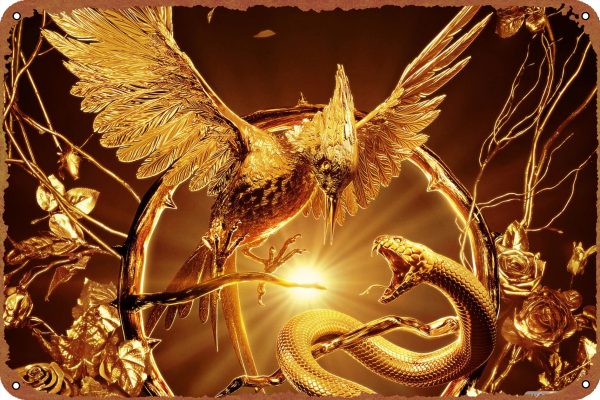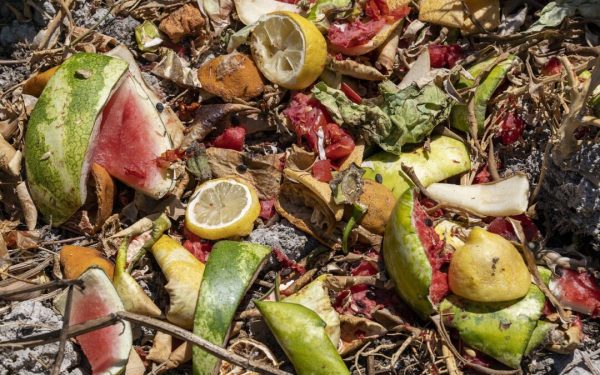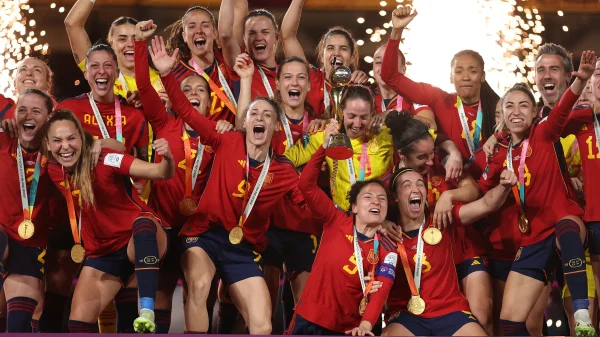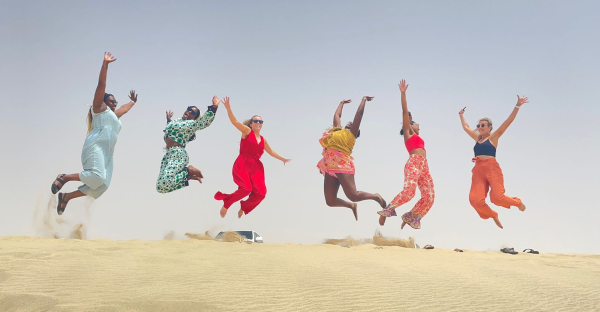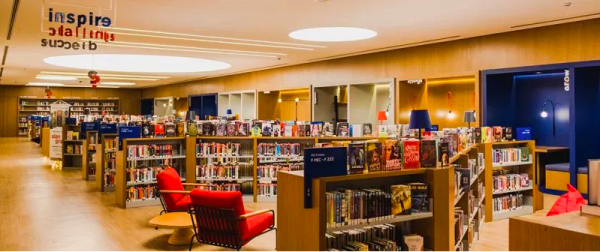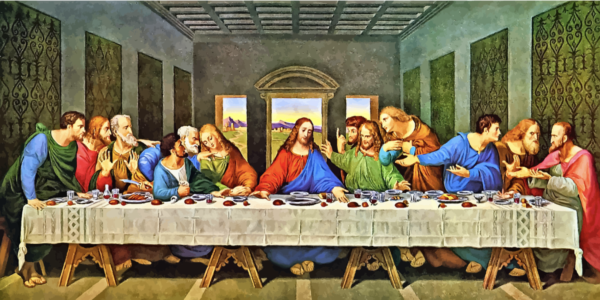Valedictorian speech, Graduation 2015
Four years ago, during our very first high school assembly as freshmen, Mr. Bair gave us a lengthy speech on responsibility and maturity, reminding us of our class’ reputation and our new responsibilities as high schoolers.
Today, we gather on the other side of the auditorium to celebrate all that the Class of 2015 has accomplished. While I can still see the traits of the hyperactive and hormonal 9th graders in us (I mean, we did nearly blow up the pousada we stayed in for senior trip), we can all agree that we have grown to become mature, young adults, ready to step into a new part of our lives. All of our accomplishments so far—from college acceptances to start-ups—speak for that.
As a class, we are a screaming contradiction, of what is expected from us and what we accomplish, of our lively, sociable and procrastinating selves and our bright and driven minds.
Today, I want to talk about three things: contradictions, uncertainty, and abraços, hugs.
Besides the contradictions in our class’ very being, paradoxes as such exist nearly everywhere, in our personal philosophies, in all subject areas.
Have any of you seen Disney’s live action version of Cinderella?
The film’s motto is “have courage and be kind.” But after Mr. Collins’ prisoner’s dilemma experiment with our economics class, when the wretchedness and irrationality in our cores were exposed, I couldn’t help but wonder if “having courage and being kind” was worth if I do not have a fairy godmother nor the waistline to attract Prince Charming.
The Giving Tree also illustrates this issue. We grew up learning how to be selfless and kind, but nobody is willing to give themselves the way that tree did. Personally, I would rather be the boy.
In a world that preaches benevolence and altruism while throwing us into cutthroat competitive environments (from college to the workplace), it becomes difficult, nearly impossible, to ascertain whether Disney’s message conveys truth or naiveté.
This is only one example of the weird inconsistencies I’ve faced in my high school career.
There’s more:
The disagreements between theory and practice in statistics and physics, where air resistance pretty much doesn’t exist, the lessons of morality and social responsibility in literature vs. those of incentives in econ, the values of ambition and perseverance in the face of our sheer insignificance in space and time…
Does this ceremony, this hat, and the diploma I will soon receive make me a hardworking and deserving high school graduate, or an extremely fortunate child, lucky enough to have been born in the right place, in the right time?
I don’t know.
In the face of all these contradictions, it becomes difficult to make any definitive statements. To make life easier, I am often tempted to eliminate such inconsistencies by pushing them away. And yet, they are intrinsic to nearly every subject area, every part of life.
Just as math, a subject ruled by logic and certainty, is based upon axioms no one can really prove, our personal views on life are based on premises that require no explanation.
The rights to life, liberty, and pursuit of happiness are the basis of our understanding of human rights and government. But we don’t really question these truths, we simply agree on them. We’ll never know if the universe rallies for these rights or if they just exist in our heads.
And yet, these paradoxes lie at the core of the decisions we make everyday.
Is it worth trying to change the world? Is this path going to make me happy? I do not have answers to any these questions, and thus my decision to have courage and be kind (or not) will be based on a wild guess rather than an informed decision. I can only hope I made the right choice.
And I might never even find out if I did.
Coping with these doubts forces us to live in faith and discomfort. Whether you believe these paradoxes have ultimate solutions and that some universal truth exists or not is irrelevant at this point because as humans, limited as we are, we are incapable of proving either side.
And from what I have learned in the past years from teachers, administrators, friends, and family, recognizing our inability to answer these big questions is painful for it forces us to re-evaluate our truths.
Take Severino from Morte e Vida Severina as an example. We all know someone who relies solely on external forces to make them feel happy and fulfilled. Like Severino, they are willing to cross the entire Nordeste to cling to that certainty.
Despite the pain, accepting the discomfort of unknowing and being okay with the interdependence of uncertainty and knowledge makes our worlds bigger and brighter. As Maggie would say, “Não quero a faca nem o queijo. QUERO A FOME.” (I want HUNGER).
This hunger allows us to see possibilities invisible to those who choose to live only off of hard facts and absolutes. It gives us the freedom to try the best in life.
If there is no way to know if poetic justice truly exists, or if our futures will be as glamorous as we say they are going to be, why not be ambitious and pursue a richer life of kindness and love? Why choose cynicism and bitterness?
And this is where we get to the abraço, the embrace.
Living with uncertainties and our inability to reach full truth does not make these 12 years worth of knowledge a useless lie. Rather, it teaches us how to approach (and, well, embrace) the outside world with curiosity and clarity.
This way, our education, our shrinks, our parents, and our friends need not offer single-sided truths. Rather, they can all offer different ways of understanding.
As long as we are constantly examining our opinions (and understanding that changing them is perfectly okay), accepting doubt allows us to embrace knowledge from all sides, without any prejudices or limitations, drawing new connections between ourselves and others.
This way, we can be logicians and empiricists, romantics and realists, all at once.
We can have the courage to pursue our dreams against all odds.
We can be idealists without being naive.
We can give hugs and kisses and we can love unconditionally without becoming weak.
After so much overthinking, turns out Tim Maia was right all along. Ame, navegue e abrace porque as incertezas da vida não precisam ser obstáculos. If you choose to face it, uncertainty makes everything possible.
And before I go, on behalf of the class, I’d like to thank all the teachers and administrators, our families, and God, or whatever divine forces lead us this way.
Unless there are any cyborgs among us, no one got here on their own.
It’s been a great ride. Thank you.

